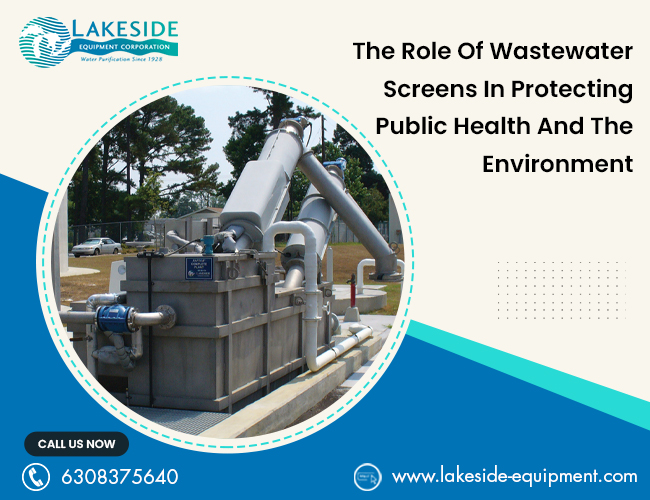An Overview of Wastewater Treatment Technologies
Wastewater treatment is the process of removing pollutants and impurities from wastewater generated by households, industries, and communities. The goal of wastewater treatment is to make the water safe for reuse or discharge into the environment. There are several wastewater treatment technologies available, and each one uses a different approach to treat the water.
Physical Treatment Technologies: Physical treatment technologies include screening, sedimentation, and filtration. These processes use physical means to remove large debris, settle suspended solids, and remove finer particles from the water.
Chemical Treatment Technologies: Chemical treatment technologies involve adding chemicals such as chlorine, ozone, or hydrogen peroxide to the wastewater to kill bacteria, viruses, and other microorganisms.
Biological Treatment Technologies: Biological treatment technologies use bacteria, fungi, and other microorganisms to break down the organic matter in wastewater. These technologies include aerobic and anaerobic treatment systems, activated sludge processes, and trickling filters.
Membrane Filtration Technologies: Membrane filtration technologies use a semi-permeable membrane to filter out particles, impurities, and pathogens from the wastewater. This technology includes microfiltration, ultrafiltration, and reverse osmosis.
Advanced Oxidation Processes: Advanced oxidation processes use chemicals or light energy to break down pollutants in wastewater into their component parts. These processes include ultraviolet light treatment, ozone treatment, and hydrogen peroxide treatment.
Constructed Wetlands: Constructed wetlands use natural processes to treat wastewater. The wastewater is directed through a series of wetlands, where plants and microorganisms break down pollutants.
Sludge Treatment Technologies: Sludge treatment technologies are used to treat the solid material that is generated from the wastewater treatment process. These technologies include digestion, dewatering, and composting.
In conclusion, the choice of wastewater treatment technology depends on the specific needs of the wastewater and the end-use of the treated water. The most appropriate technology is chosen based on factors such as the composition of the wastewater, the discharge regulations, and the cost-effectiveness of the process.
MORE RESOURCES:-
Innovations In Inorganic Removal For Improved Wastewater Treatment
Wastewater Treatment – An Exceptional Way To Prevent The Ill-effects of Wastewater




Comments
Post a Comment